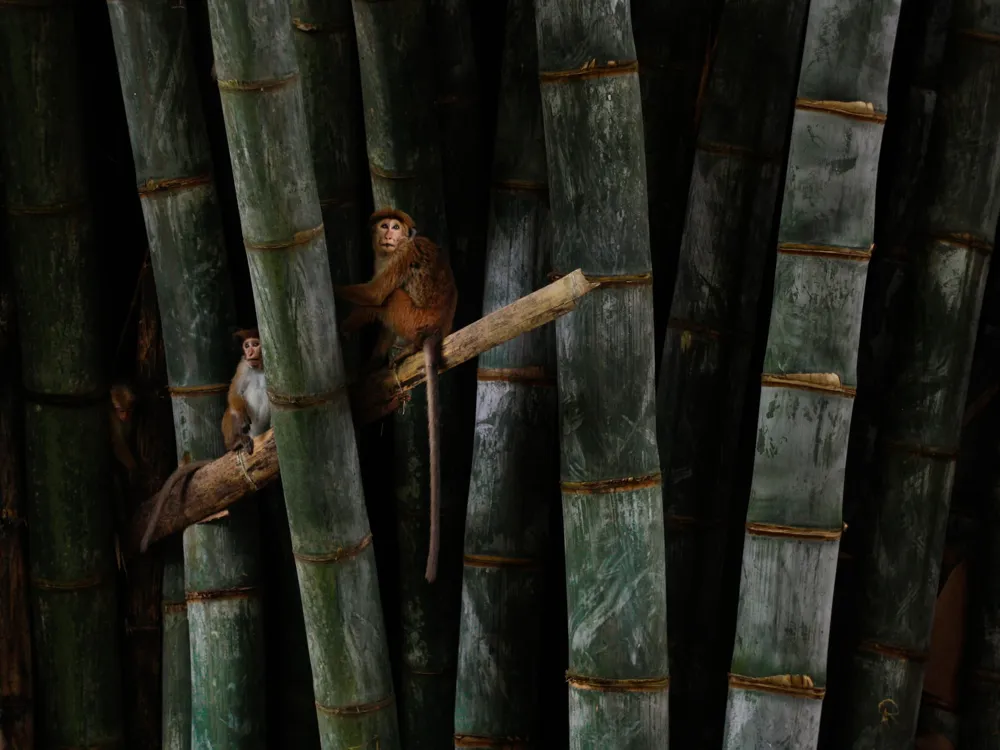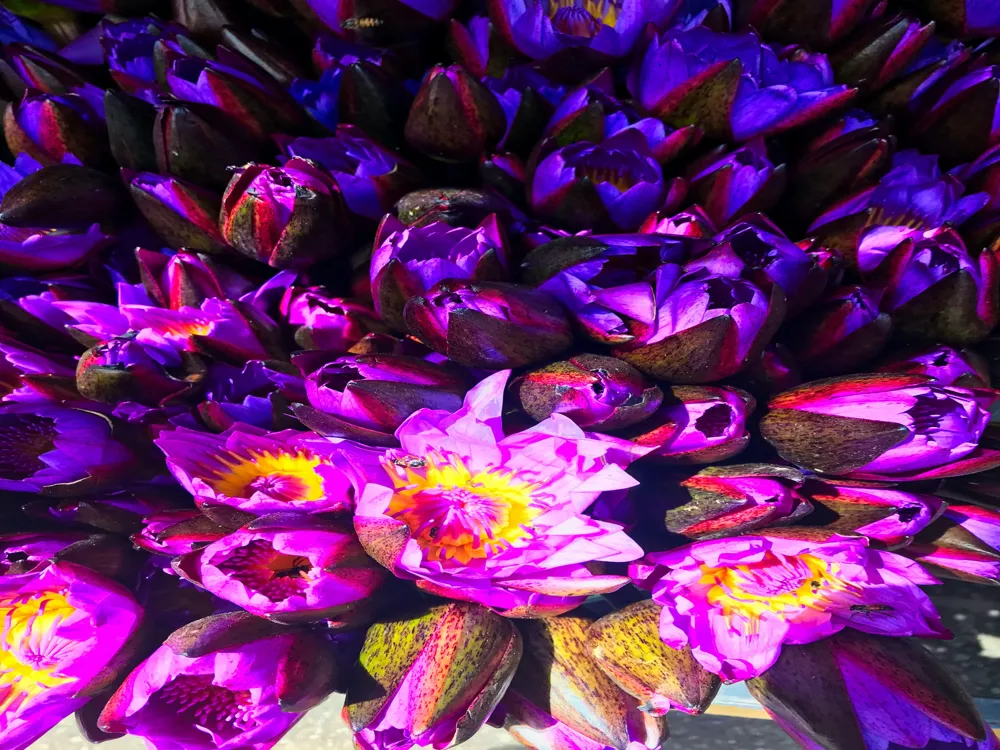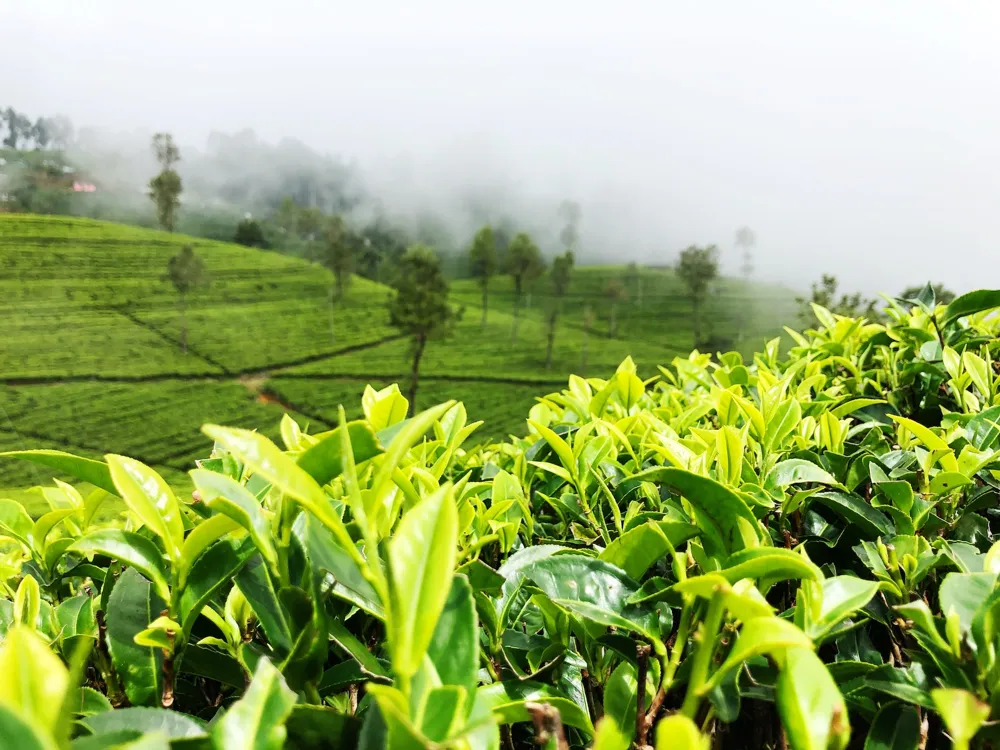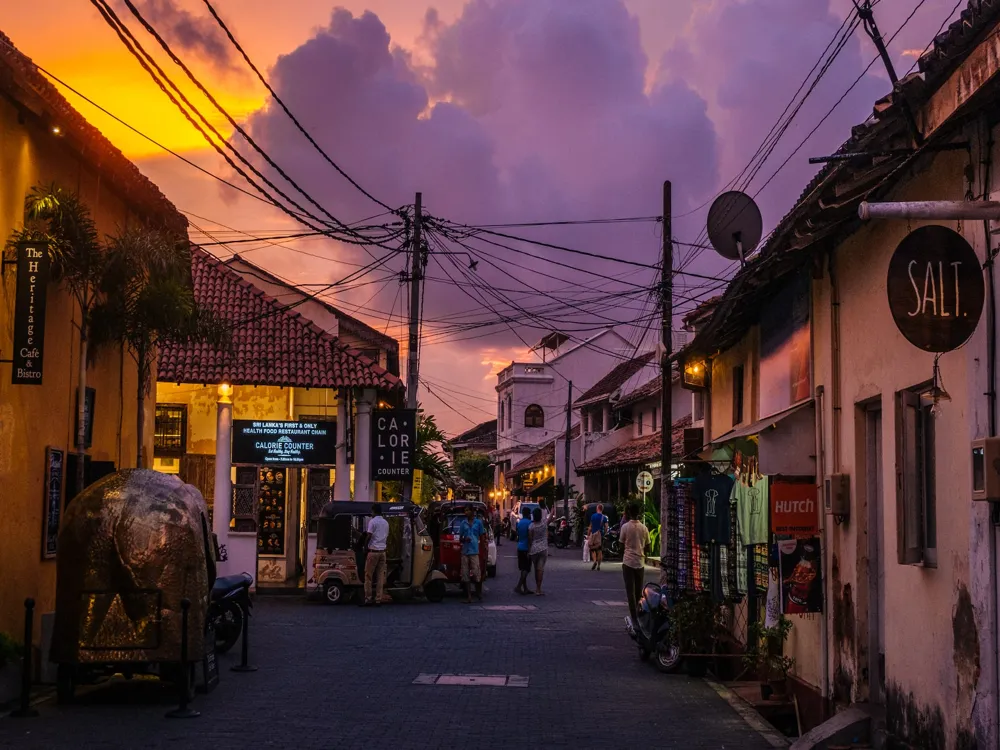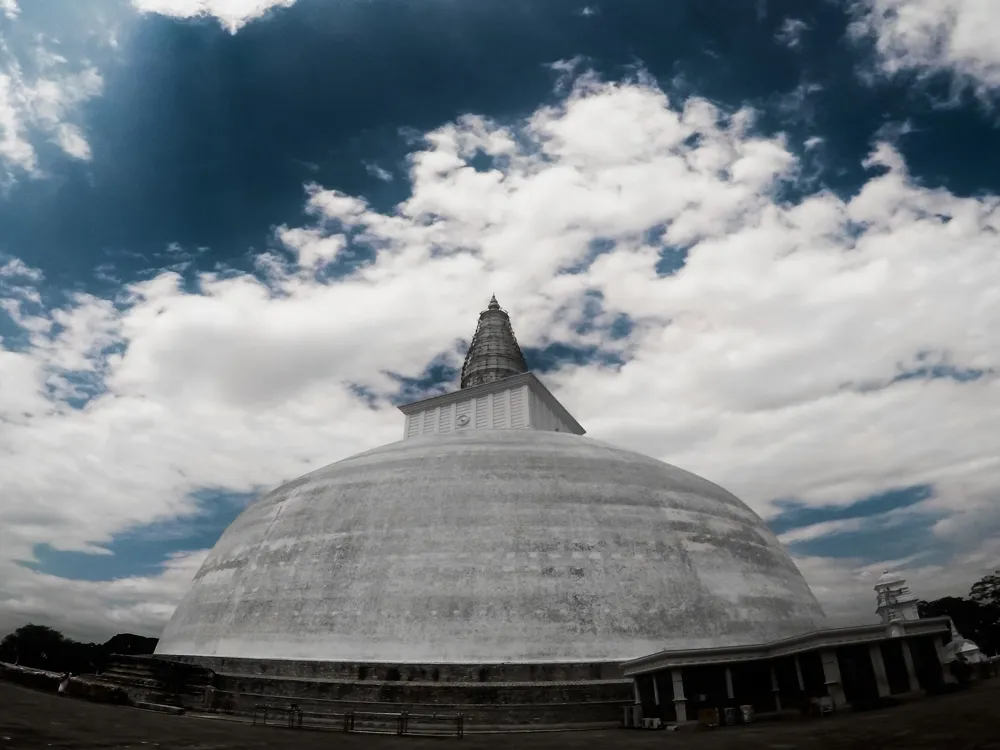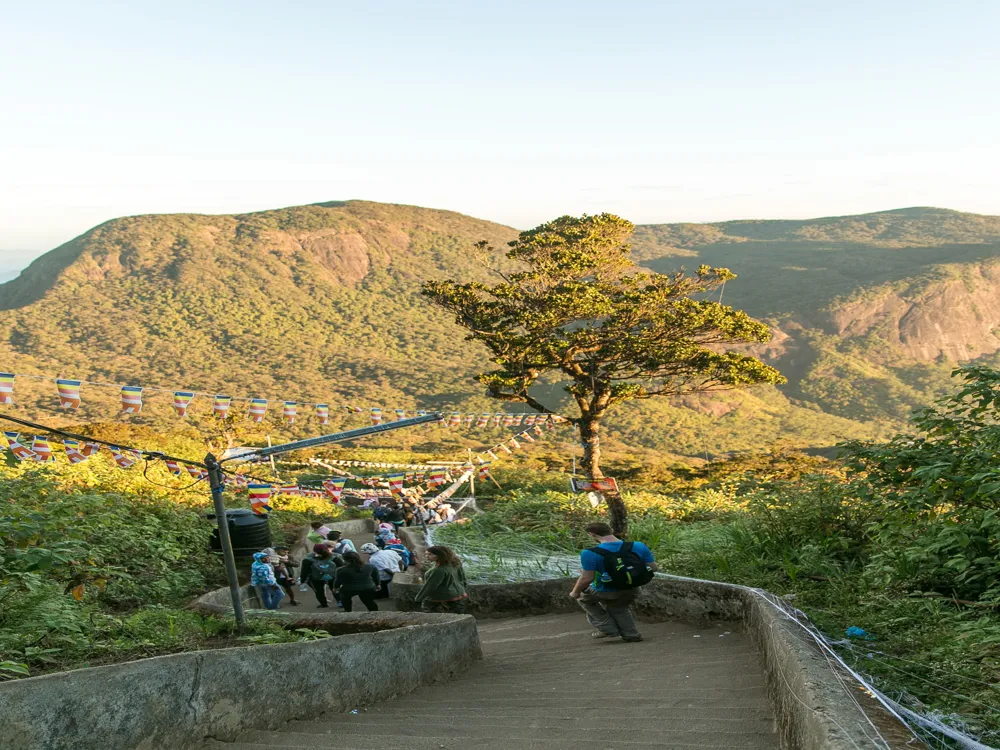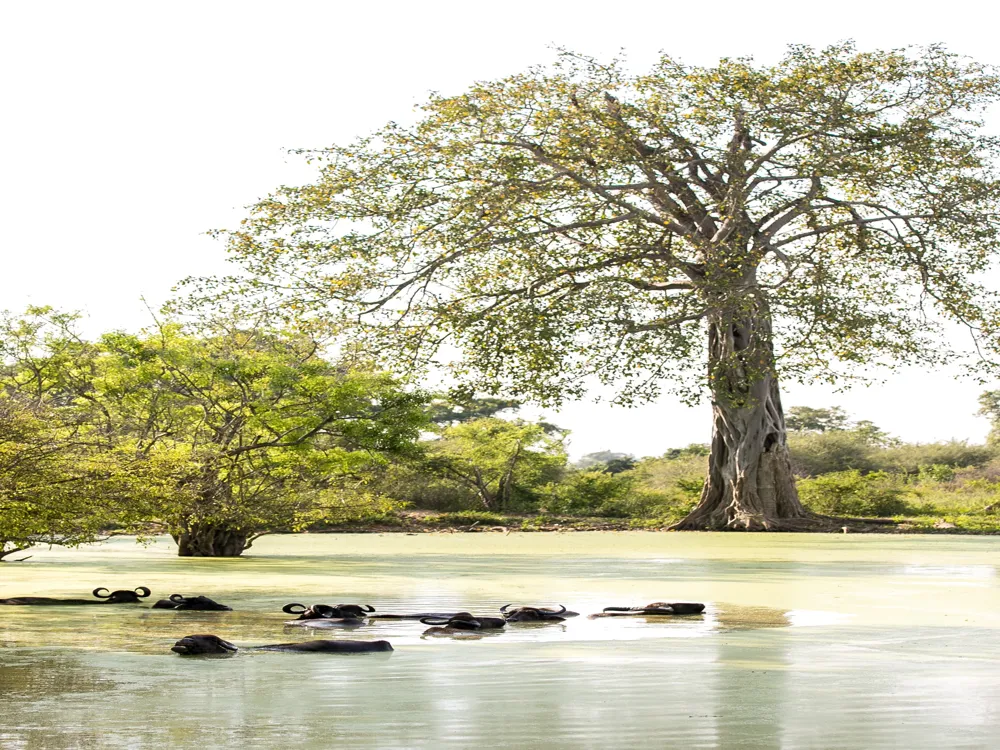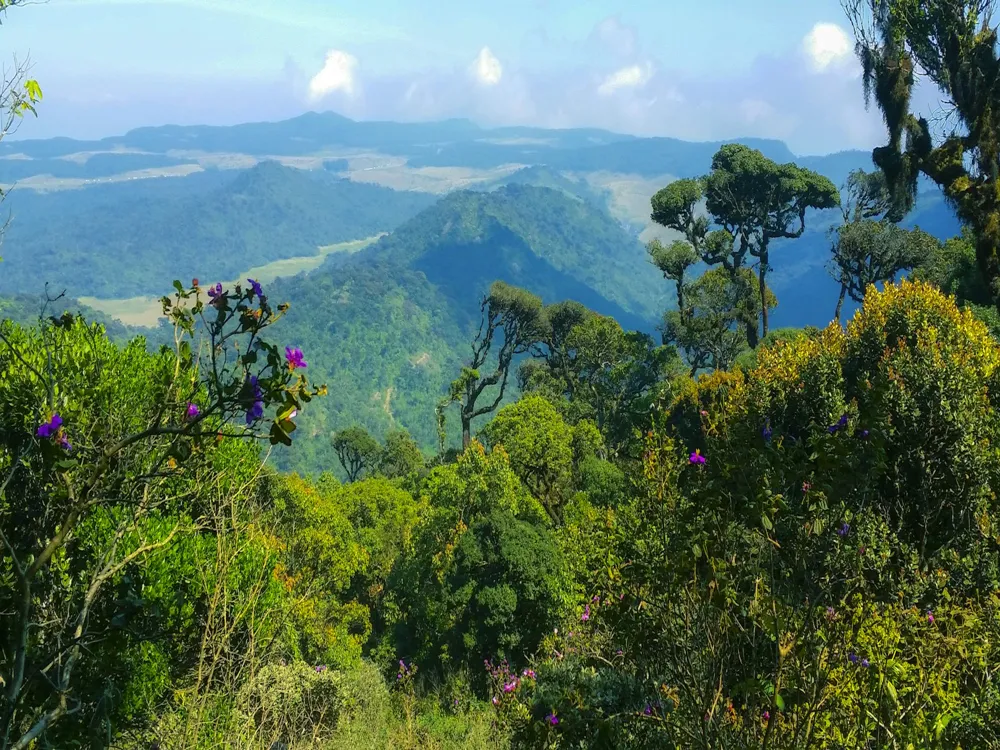The Pinnawala Elephant Orphanage, nestled in the lush landscapes of Kandy, Sri Lanka, serves as a sanctuary for Asian elephants. Established in 1975, this haven was initially created to care for orphaned calves found in the wild. Over the years, it has transformed into a breeding and conservation center, playing a pivotal role in the survival and understanding of these majestic creatures. The orphanage spans over a vast expanse, providing a natural and secure habitat for its elephant residents. Visitors to the orphanage can witness the daily routines of these elephants, including feeding sessions and the much-loved river baths. The orphanage not only focuses on the care and protection of the elephants but also on educational programs and research initiatives. These efforts aim to raise awareness about the conservation needs of elephants and their habitats. The origins of Pinnawala Elephant Orphanage trace back to 1975 when the Department of Wildlife Conservation established it. Initially, it was a home to just five orphaned elephant calves. As the orphanage's reputation for successful rehabilitation grew, so did the number of its elephant inhabitants. The orphanage's commitment to providing a naturalistic environment has been a key factor in its success. Conservation is at the heart of Pinnawala Elephant Orphanage's mission. The center actively participates in research and breeding programs to ensure the survival of Asian elephants. These programs are vital, given the dwindling numbers of wild elephants due to habitat loss and human-elephant conflicts. Visiting the Pinnawala Elephant Orphanage offers a unique experience. Guests can observe the elephants' social interactions in a setting that closely mimics their natural habitat. The feeding and bathing times, especially, provide an intimate glimpse into the lives of these gentle giants. The architecture of Pinnawala Elephant Orphanage is thoughtfully designed to cater to the needs of its elephant inhabitants while providing an immersive experience for visitors. The layout of the orphanage is spread across a large area, encompassing various facilities essential for the care and well-being of the elephants. The most notable feature of the orphanage is its open-concept design, which allows the elephants to roam freely in a secure and natural environment. The structures within the orphanage, such as the feeding areas and sleeping quarters, are constructed with natural materials to blend seamlessly into the surroundings. One of the key architectural elements of Pinnawala Elephant Orphanage is its integration with the natural environment. The design emphasizes minimal disruption to the landscape, ensuring a harmonious coexistence between the elephants and their habitat. This approach not only benefits the elephants but also enhances the visitor experience, offering a more authentic glimpse into the life of these magnificent creatures in their natural setting. Sustainability is a core principle in the design of the orphanage. Eco-friendly materials and practices are employed to minimize the ecological footprint. The use of renewable resources and energy-efficient systems demonstrates the orphanage's commitment to environmental stewardship. The visitor facilities at Pinnawala Elephant Orphanage are designed to offer comfort while ensuring minimal impact on the environment and the elephants. These facilities include viewing platforms, educational centers, and souvenir shops, all constructed with sustainable practices in mind. Early morning or late afternoon are the best times to visit Pinnawala Elephant Orphanage. During these times, you can witness the elephants' bathing sessions, which are a highlight of the visit. Comfortable and modest clothing is recommended when visiting the orphanage. It's advisable to wear closed-toe shoes as you will be walking on uneven surfaces. For the best photographs, try to capture the elephants during their river baths or while they are interacting with each other. Always be respectful and maintain a safe distance. Pinnawala Elephant Orphanage is accessible by various means of transportation. It's located approximately 90 km from the capital city of Colombo. Visitors can opt for public buses, trains, or private taxis to reach the orphanage. The journey offers scenic views of Sri Lanka's countryside, making the trip an experience in itself.Overview of Pinnawala Elephant Orphanage
History of Pinnawala Elephant Orphanage
Conservation Efforts
Visitor Experience at Pinnawala Elephant Orphanage
Architecture of Pinnawala Elephant Orphanage
Integration with Nature
Sustainability in Design
Visitor Facilities
Tips When Visiting Pinnawala Elephant Orphanage
Best Time to Visit
Dress Code
Photography Tips
How To Reach Pinnawala Elephant Orphanage
Pinnawala Elephant Orphanage
Kandy
₹ 13,368 onwards
View kandy Packages
Weather :
Tags : Elephant Camp
Timings : 8:30 AM - 6:00 PM (Ticket Counter shuts at 5:30PM)
Time Required : 2 hours
Entry Fee : Locals: Adult - LKR 110
Children - LKR 30
SAARC Countries: Adult - LKR 2800
Children - LKR 1000
Foreign Tourists: Adult - LKR 1400
Children - LKR 700.
Planning a Trip? Ask Your Question
Kandy Travel Packages
View All Packages For Kandy
Top Hotel Collections for Kandy

Private Pool

Luxury Hotels

5-Star Hotels

Pet Friendly
Top Hotels Near Kandy
Other Top Ranking Places In Kandy
View All Places To Visit In kandy
View kandy Packages
Weather :
Tags : Elephant Camp
Timings : 8:30 AM - 6:00 PM (Ticket Counter shuts at 5:30PM)
Time Required : 2 hours
Entry Fee : Locals: Adult - LKR 110
Children - LKR 30
SAARC Countries: Adult - LKR 2800
Children - LKR 1000
Foreign Tourists: Adult - LKR 1400
Children - LKR 700.
Planning a Trip? Ask Your Question
Kandy Travel Packages
View All Packages For Kandy
Top Hotel Collections for Kandy

Private Pool

Luxury Hotels

5-Star Hotels

Pet Friendly








